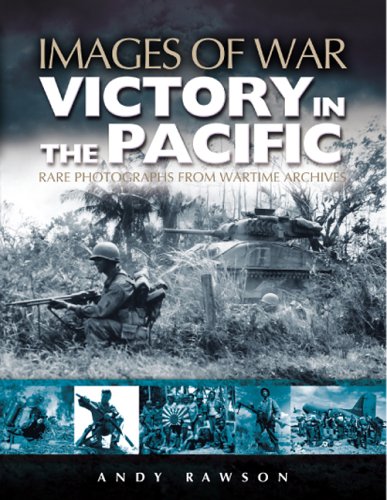

Most ebook files are in PDF format, so you can easily read them using various software such as Foxit Reader or directly on the Google Chrome browser.
Some ebook files are released by publishers in other formats such as .awz, .mobi, .epub, .fb2, etc. You may need to install specific software to read these formats on mobile/PC, such as Calibre.
Please read the tutorial at this link: https://ebookbell.com/faq
We offer FREE conversion to the popular formats you request; however, this may take some time. Therefore, right after payment, please email us, and we will try to provide the service as quickly as possible.
For some exceptional file formats or broken links (if any), please refrain from opening any disputes. Instead, email us first, and we will try to assist within a maximum of 6 hours.
EbookBell Team

4.4
92 reviewsVJ-Day - is a day that has remained in the memories of all those who experienced it, marking as it did the end to nearly 5 years of war - a war that had cost the lives of millions of people from China to as far distant as Australia and The Aleutian Islands; that had destroyed homes, families, cities and Empires; and had brought huge suffering and deprivations to native populations throughout. Millions of people all across the globe rejoiced with relief at the news that Japan had finally surrendered unconditionally after the use of the second Atomic Weapon upon the Japanese main island - after living with the intense strain of total war - it was now finally over everywhere. In towns and cities all across the world, people marked this victory with tears, street parties, dancing and singing much as happened on VE-Day earlier. However for decades afterwards the political, social, and economic repercussions - alongside those of the deaths from radiation related illnesses - were still being felt long after those tumultuous joyous events of late 1945. This Photographic History by Author Andrew Rawson was originally released to mark the sixtieth anniversary of VJ-Day, and it covers the last 9 months of the War upto the surrender ceremonies later held in Tokyo Bay and elsewhere that marked the formal end of the last of the Axis power's to declare War. After asking his people to 'endure the unendurable', Emperor Hirohito (1901-1989) formally announced the acceptance of the surrender of his people to what was now referred to as The United Nations and the document of surrender was signed in Tokyo Bay on board the Battleship USS Missouri, 2 September 1945.